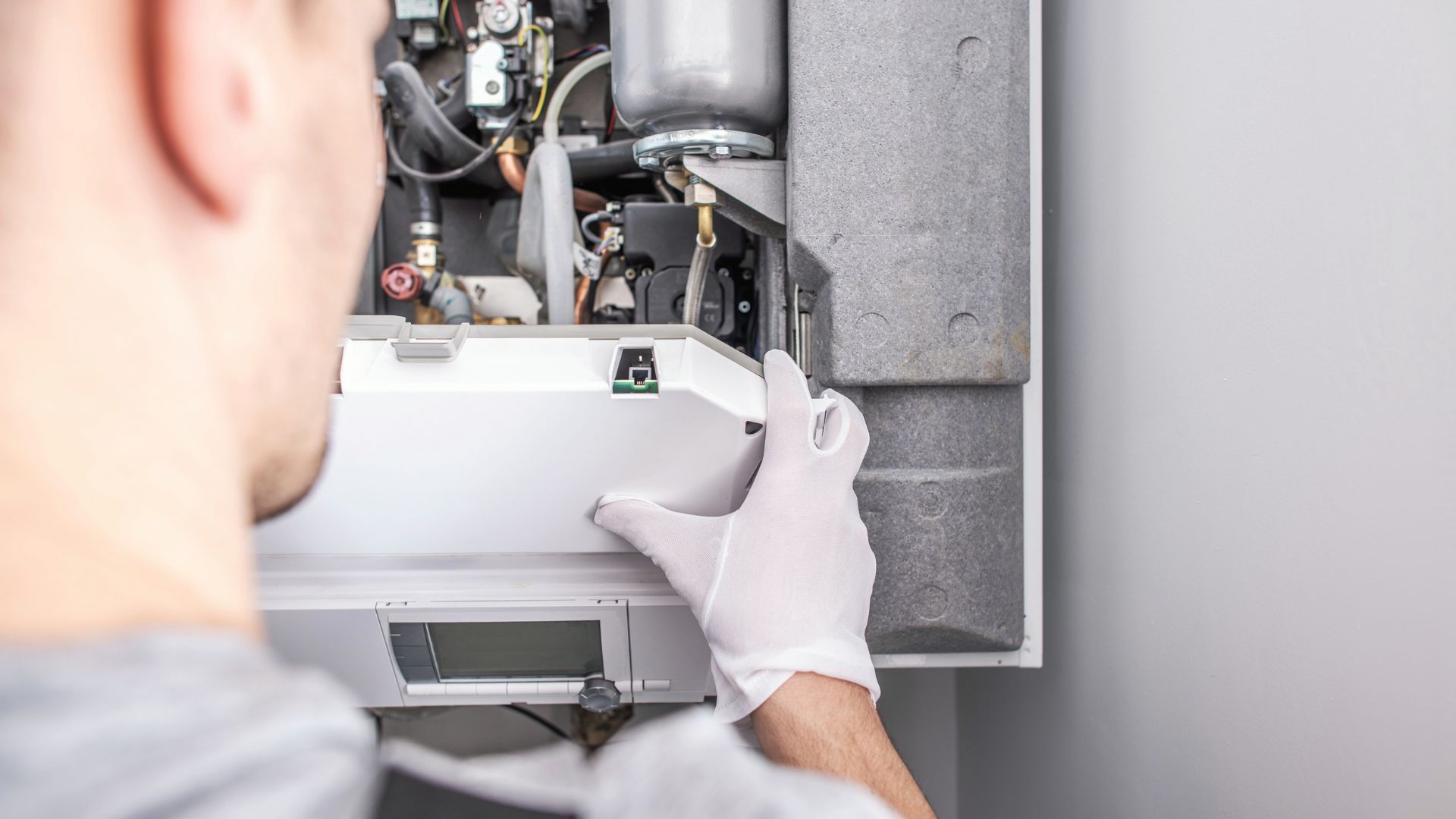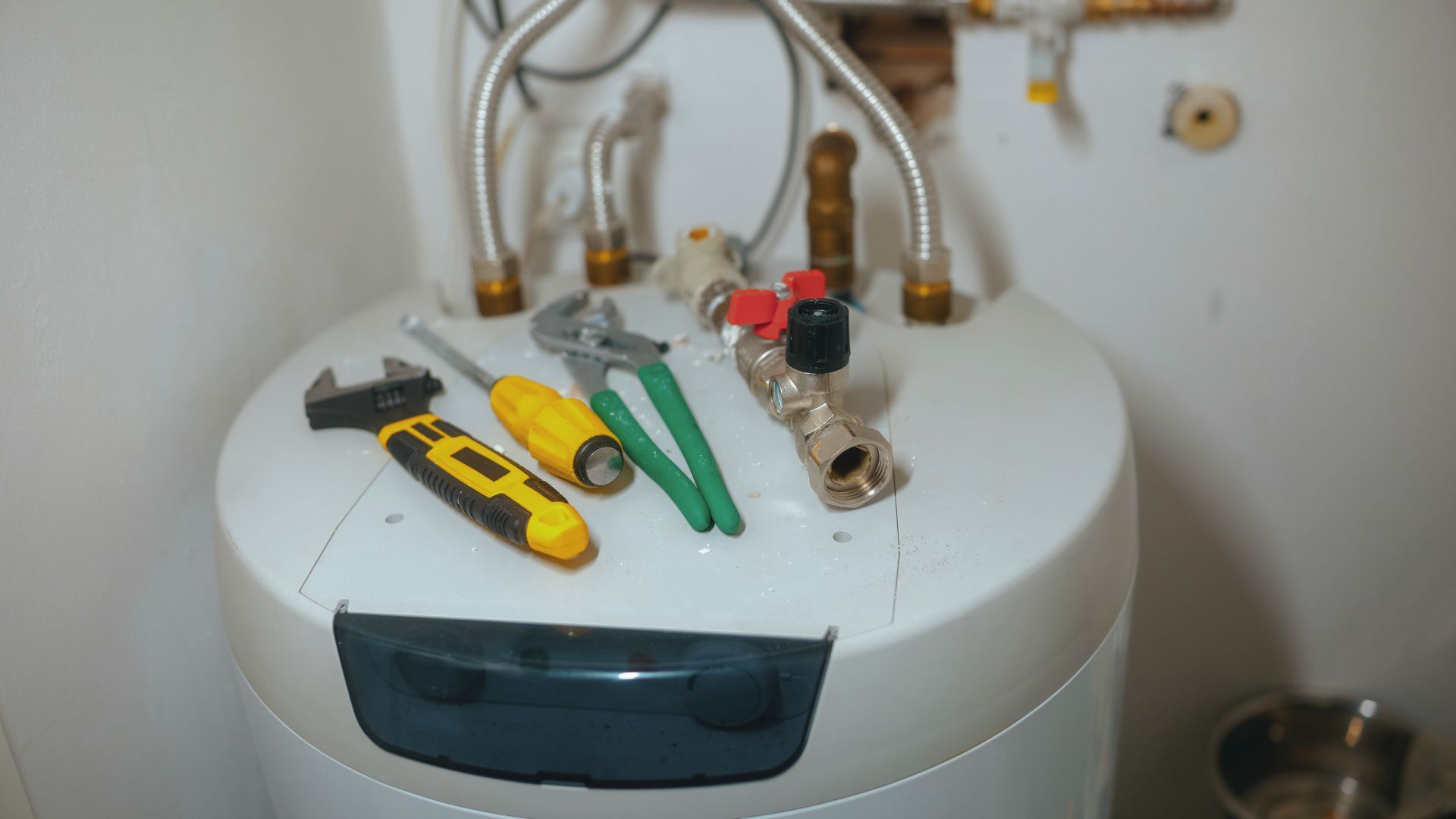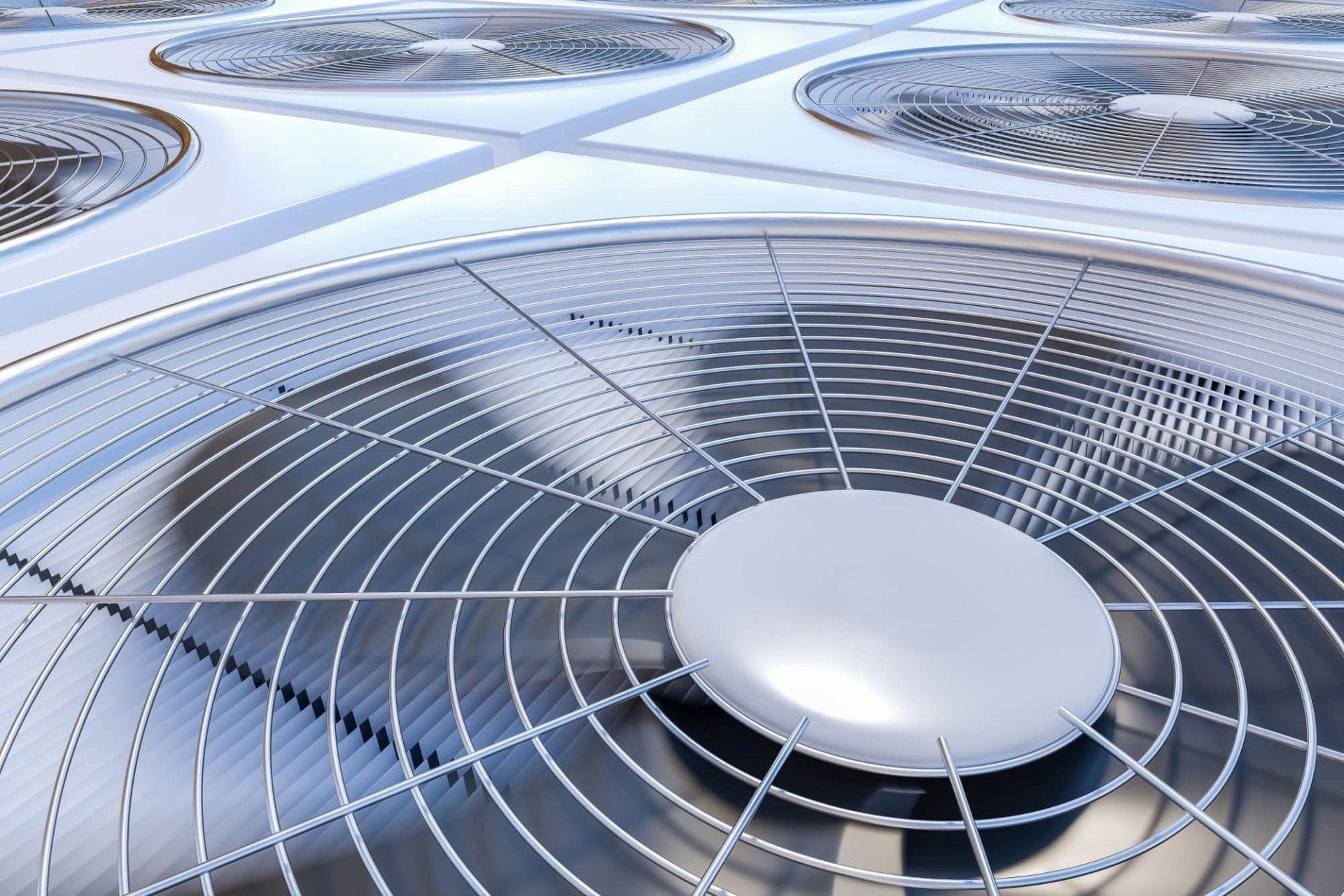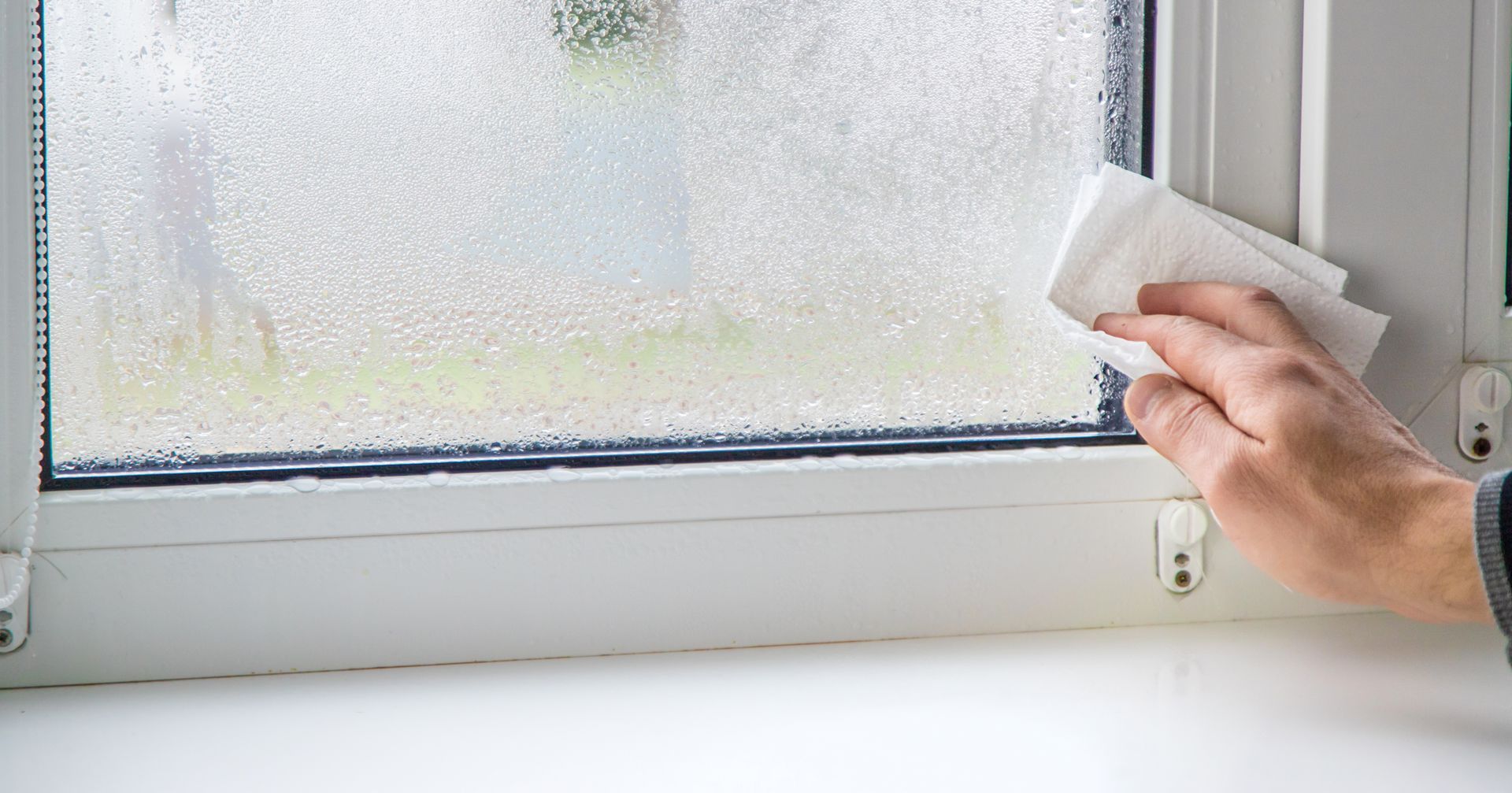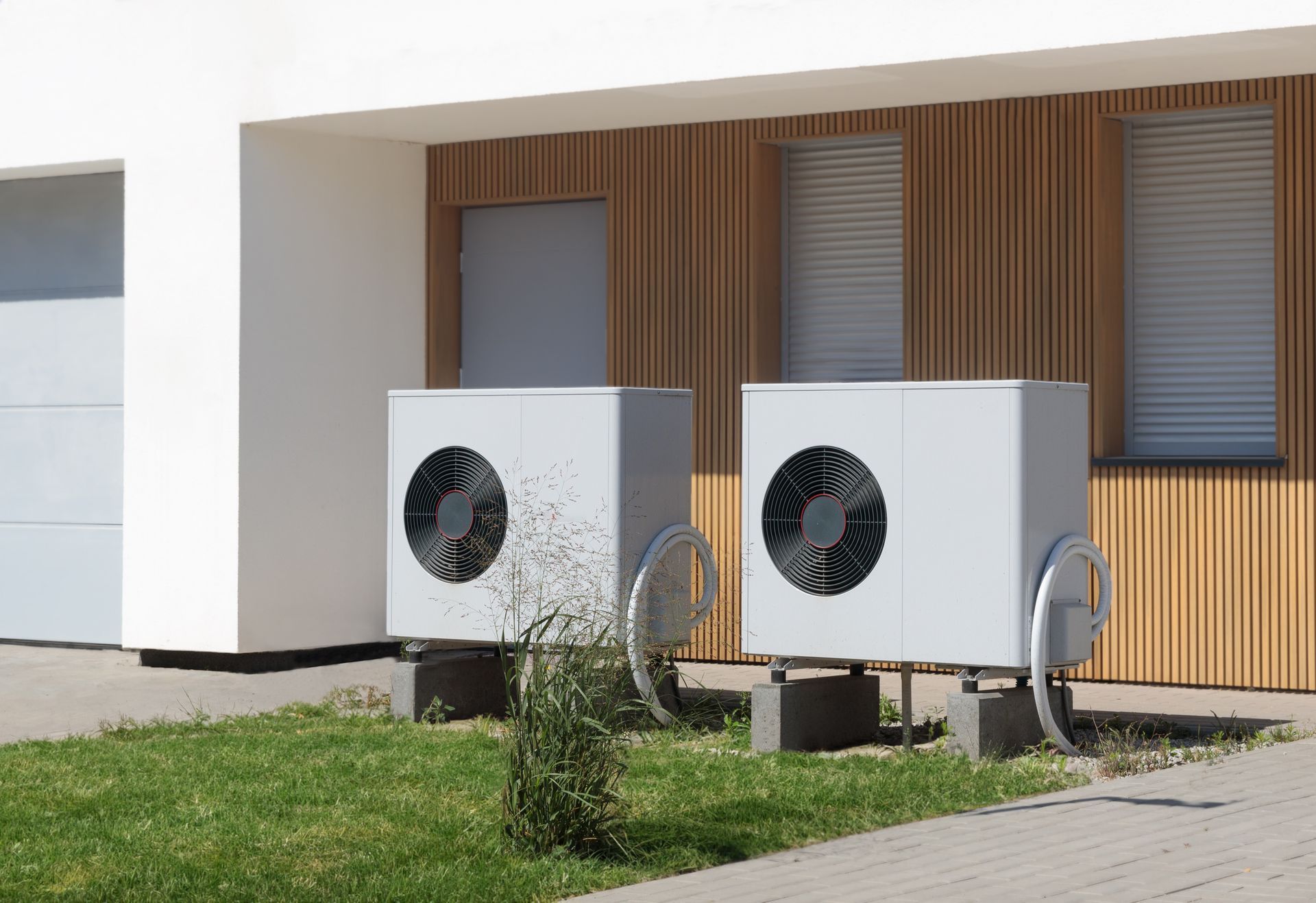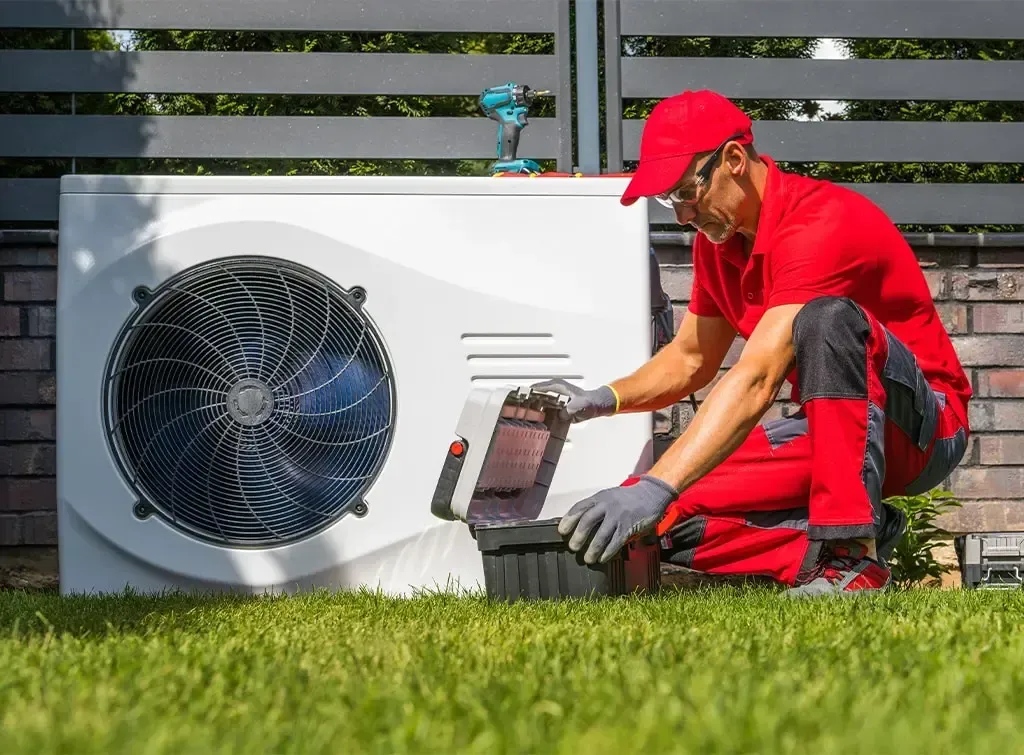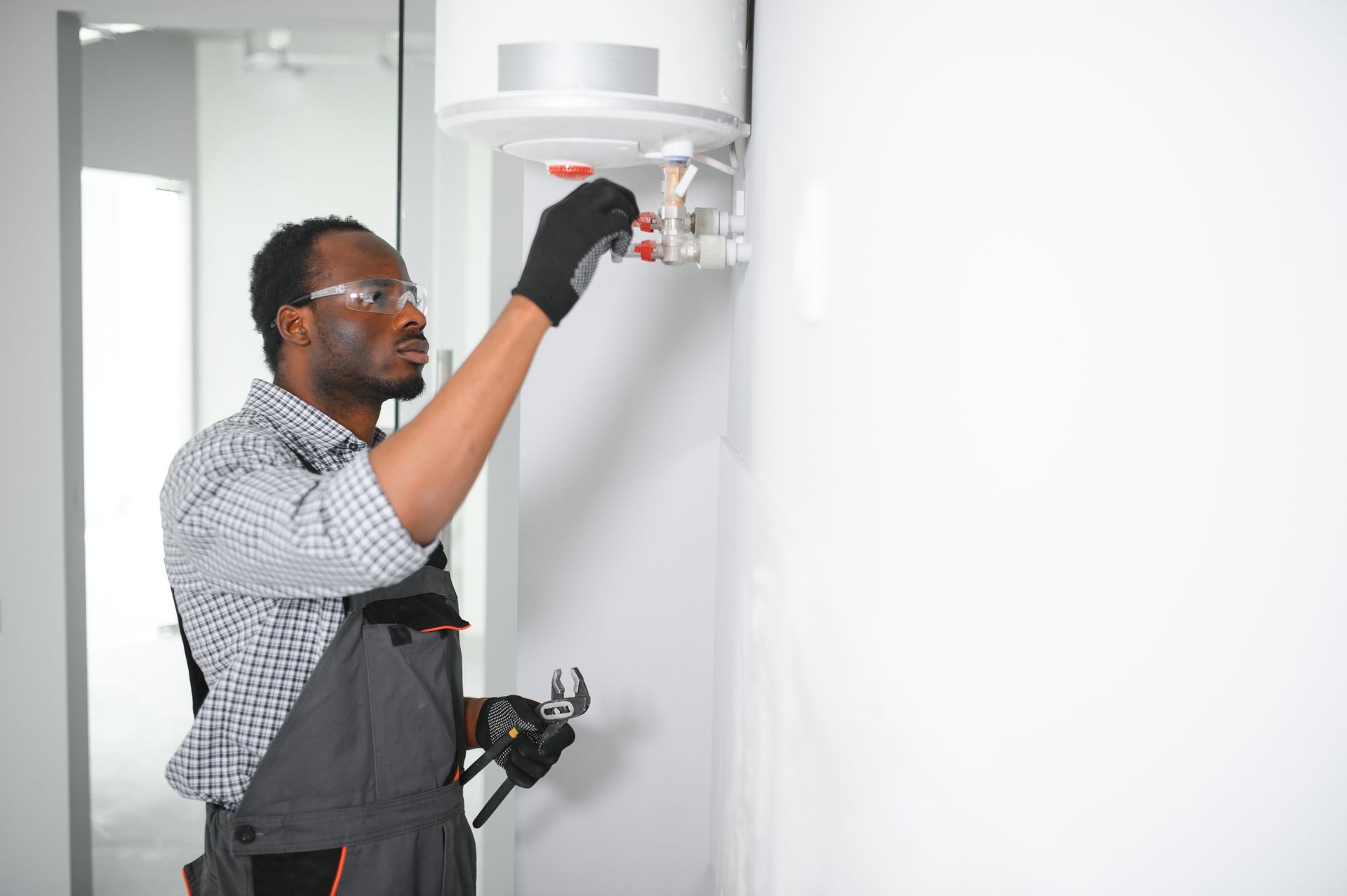Battle of the Hot Water Tanks
In today's eco-conscious world, the quest for energy efficiency extends even to our home water heating systems. Homeowners are increasingly faced with a
decision between traditional hot water tanks and their modern counterparts, tankless water heaters. But which is the right choice for your home? This
comprehensive guide explores the pros and cons of each, helping you make an informed decision that aligns with your lifestyle and environmental values.
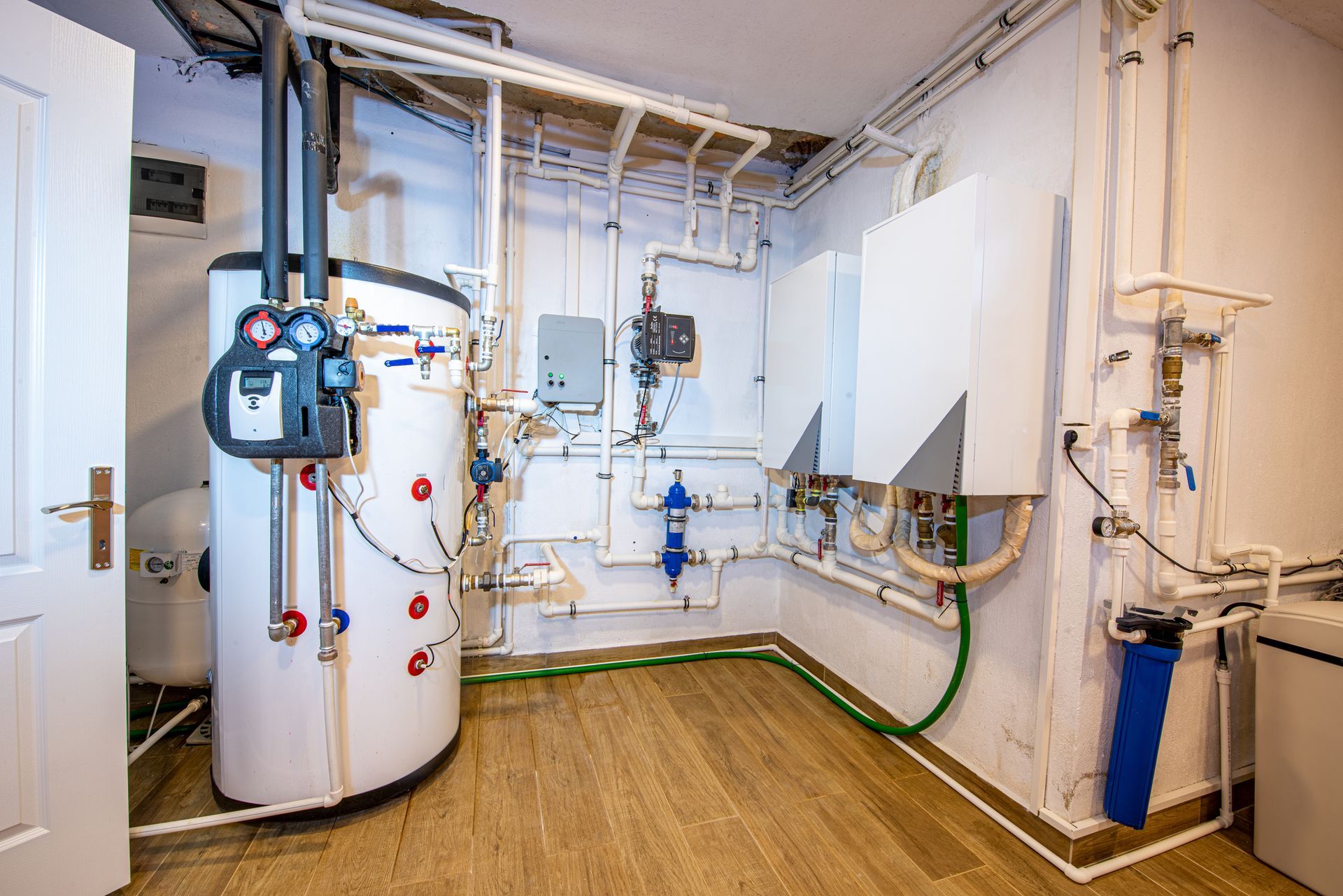
Introduction to Water Heating Systems
Water heating is a crucial aspect of any home, providing the necessary warmth for showers, dishwashing, laundry, and more. Traditionally, homeowners have
relied on hot water tanks—large reservoirs that heat and store water for use as needed. However, advancements in technology have introduced tankless water
heaters, which heat water on demand, offering a more energy-efficient alternative. This blog post will explore the benefits and drawbacks of both systems,
guiding you through the process of choosing the best option for your home. Whether you’re a homeowner looking to upgrade or an eco-friendly consumer
seeking a sustainable solution, understanding these systems will help you make a well-informed decision.
Traditional Hot Water Tanks
What Are Traditional Hot Water Tanks?
Traditional hot water tanks, also known as storage water heaters, are familiar fixtures in many homes. These units heat water in a large tank and maintain it at a
set temperature until needed. When hot water is drawn, it's replaced by cold water, which is then heated, ensuring a continuous supply. This type of system is
relatively simple, making it a popular choice for decades.
+ Pros of Traditional Hot Water Tanks
One of the primary advantages of traditional hot water tanks is their lower upfront cost. These systems are generally less expensive to purchase and install than
tankless models, making them an attractive option for budget-conscious homeowners. Additionally, they are suitable for homes with high water demands, as
they store a large volume of hot water, ready for use at any time. The simplicity of these systems also means they require less complex maintenance, reducing
long-term costs.
- Cons of Traditional Hot Water Tanks
Despite their benefits, traditional hot water tanks come with certain drawbacks. They are typically less energy-efficient than tankless systems, as they
continuously maintain the water temperature, leading to higher energy bills. Furthermore, they have a limited capacity, which can result in running out of hot
water during peak usage times. Their large size can also take up significant space in your home, which may be a concern for those with limited room.
Tankless Hot Water Heaters
What Are Tankless Hot Water Heaters?
Tankless hot water heaters, also known as on-demand systems, are a modern alternative to traditional tanks. These units heat water only when needed,
eliminating the need for a storage tank. By using high-powered burners or electric coils, they deliver hot water instantly as it flows through the unit, providing a
constant supply without the limitations of a storage tank. This technology has gained popularity due to its energy efficiency and compact design.
+ Pros of Tankless Hot Water Heaters
The most significant advantage of tankless systems is their energy efficiency. By heating water only as needed, they reduce standby energy losses associated
with traditional tanks, leading to lower utility bills. This efficiency makes them an eco-friendly choice, appealing to environmentally conscious consumers.
Additionally, tankless units are compact, freeing up valuable space in your home. Their ability to provide a continuous supply of hot water is another major
benefit, especially for larger households or homes with high hot water demands.
- Cons of Tankless Hot Water Heaters
Although tankless systems offer many benefits, they also have some downsides. The initial cost of purchasing and installing a tankless heater is typically higher
than that of a traditional tank. Additionally, these systems may struggle to keep up with simultaneous high water demands, such as multiple showers running at
once. They also require regular maintenance to ensure optimal performance, which can add to the overall cost and effort of ownership.
Energy Efficiency Comparison
Traditional vs. Tankless
When comparing energy efficiency, tankless systems generally come out on top. Traditional tanks continuously heat and store water, leading to energy losses
that can increase your utility bills. In contrast, tankless heaters operate only when needed, reducing energy consumption. This efficiency makes tankless systems
an attractive option for homeowners looking to lower their carbon footprint and save on energy costs.
Environmental Impact
From an environmental perspective, tankless systems have a clear advantage. By using less energy, they contribute to reduced greenhouse gas emissions,
aligning with the values of eco-friendly consumers. Additionally, the longer lifespan of tankless units means fewer replacements, reducing waste and further
minimizing their environmental impact.
Cost Considerations
Initial Investment
While the upfront cost of tankless heaters is higher than that of traditional tanks, the long-term savings on energy bills can offset this initial investment.
Homeowners should weigh the immediate financial implications against potential future savings when making their decision.
Long-Term Savings
Over time, the energy efficiency of tankless systems can lead to significant savings on utility bills. Although traditional tanks have lower upfront costs, their
inefficiency can result in higher energy expenses, ultimately making them more costly over their lifespan.
Space and Installation
Space Requirements
The compact size of tankless heaters makes them ideal for homes with limited space. They can be installed in small utility closets, freeing up room for other uses.
In contrast, traditional tanks require substantial space, which can be a limitation for certain homeowners.
Installation Process
While both systems require professional installation, the process for tankless heaters can be more complex and costly. This is due to the need for specialized
venting and gas line adjustments, which can increase the overall installation cost.
Reliability and Performance
Consistent Hot Water Supply
One of the key selling points of tankless systems is their ability to provide a continuous supply of hot water. Unlike traditional tanks, which can run out of hot
water, tankless heaters deliver an endless stream, making them suitable for homes with high hot water demands.
Maintenance and Durability
Both systems require regular maintenance to ensure optimal performance. However, tankless units typically have a longer lifespan, lasting up to 20 years or
more with proper care. This durability can offset the higher initial cost, making them a worthwhile investment for many homeowners.
Choosing the Right System for Your Home
Assessing Your Needs
When deciding between traditional and tankless systems, consider your household's hot water needs, budget, and available space. Families with high hot water demands may benefit from the continuous supply offered by tankless heaters, while budget-conscious homeowners might prefer the lower upfront cost of
traditional tanks.
Consulting with Experts
For personalized advice, consider consulting with experts at Adam's Air Systems in Hamilton. Their team can help you evaluate your options and choose the best water heating solution for your home, ensuring you make an informed decision.
In conclusion, both traditional and tankless hot water systems have their advantages and drawbacks. Traditional tanks offer a lower initial cost and simplicity,
while tankless heaters provide energy efficiency and an endless hot water supply. Ultimately, the best choice depends on your specific needs, budget, and
environmental values. By considering these factors, you can select a water heating system that aligns with your lifestyle and goals.
If you're still unsure which option is right for you, don't hesitate to reach out to Adam's Air Systems in Hamilton for expert guidance. Their knowledgeable team is ready to assist you in finding the perfect solution to meet your home's needs.
Adam’s Air Systems
905-746-3853

